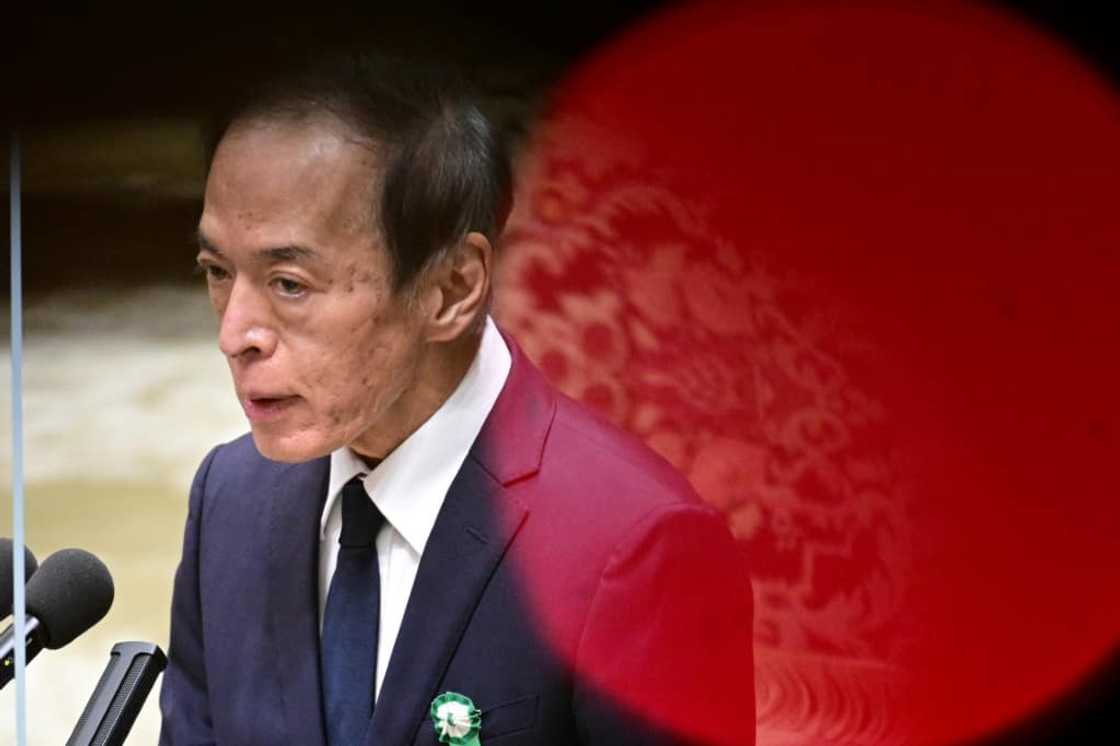Bank of Japan's next chief says monetary easing 'appropriate'

Source: AFP
PAY ATTENTION: Celebrate South African innovators, leaders and trailblazers with us! Click to check out Women of Wonder 2022 by Briefly News!
The Bank of Japan's longstanding monetary easing policies are "appropriate", its next governor Kazuo Ueda told parliament on Friday, suggesting no sudden changes to the bank's stance when he takes the helm in April.
Ueda, an economics professor, was nominated last week to replace Haruhiko Kuroda, who is stepping down after a decade in the job.
His nomination is expected to be easily approved in parliament, where the ruling coalition commands a healthy majority.
Under Kuroda, the bank unleashed a raft of extraordinary ultra-loose policies -- from a negative interest rate to spending vast sums on government bonds -- in a bid to boost Japan's sluggish economy.
It has stuck with these measures over the past year, despite pressure to join the US Federal Reserve and other central banks in aggressively hiking interest rates to tackle soaring inflation.
Ueda said Friday he saw the "continuation of monetary easing as appropriate".
PAY ATTENTION: Сheck out news that is picked exactly for YOU ➡️ click on “Recommended for you” and enjoy!
"It is necessary to keep monetary easing to support the economy and create an environment where companies can raise wages," he said in his first public address since being nominated by Prime Minister Fumio Kishida.
Government data showed on Friday that Japan's consumer prices rose 4.2 percent year-on-year in January, a level not seen since September 1981.
The figure, which excludes volatile fresh food, is fuelled in part by higher energy bills and is above the BoJ's longstanding two-percent inflation target.
However, because the higher prices are not driven by demand or steady wage increases, the BoJ has said it sees no reason to abandon its easing policies.
Source: AFP


